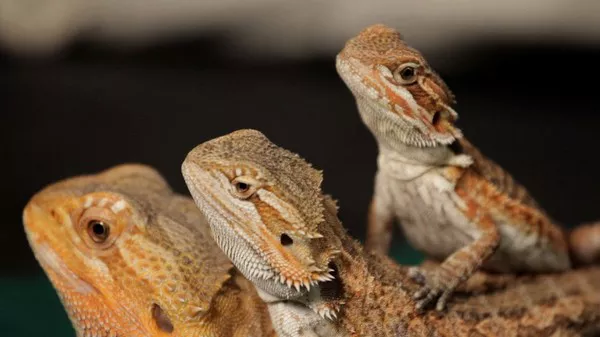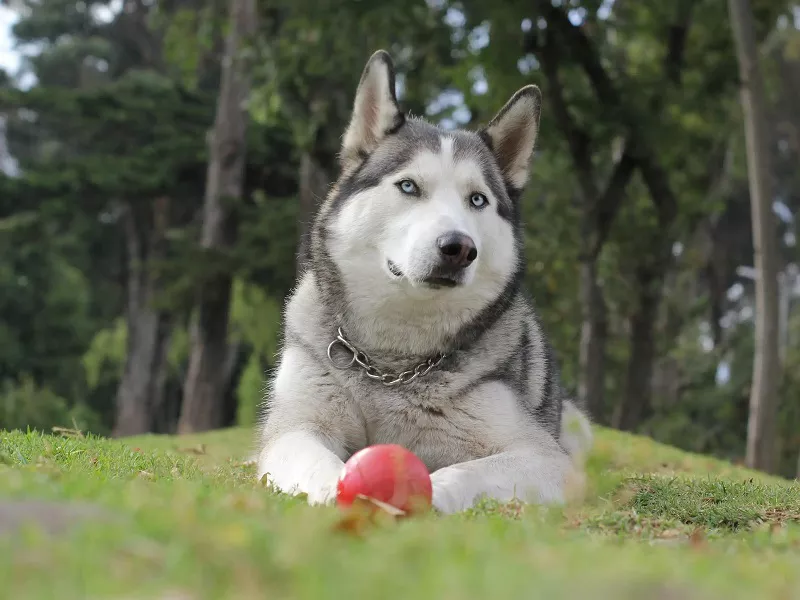Bearded dragons are known for their hearty appetite, but there may be times when your pet is not interested in food. This can be concerning for bearded dragon owners, as a lack of appetite can indicate underlying health issues. In this article, we will discuss what to do when your bearded dragon is not eating.
- Rule Out Health Problems
The first thing to do when your bearded dragon is not eating is to rule out any health problems. This can include issues such as metabolic bone disease, respiratory infections, or parasites. If you notice any other symptoms in addition to the lack of appetite, such as lethargy, weight loss, or abnormal behavior, it is important to take your bearded dragon to a veterinarian who specializes in reptile care.
- Check The Enclosure Conditions
If your bearded dragon is otherwise healthy, the lack of appetite may be due to poor enclosure conditions. Bearded dragons require specific temperature and humidity levels to maintain their health, and if these conditions are not met, they may lose their appetite. Make sure that the basking spot is at the correct temperature and that the humidity level is appropriate for your bearded dragon’s needs.
- Offer A Variety Of Foods
Bearded dragons require a varied diet of both animal and plant matter. If your bearded dragon is not eating, try offering a variety of different foods. This can include insects such as crickets, mealworms, and dubia roaches, as well as vegetables such as kale, collard greens, and squash. Some bearded dragons may prefer one type of food over another, so it is important to offer a variety to find out what your pet likes best.
- Use Nutritional Supplements
If your bearded dragon is not eating enough, it may not be getting all of the nutrients it needs. Nutritional supplements such as calcium and vitamin D3 can help supplement your bearded dragon’s diet and ensure that it is getting all of the necessary nutrients. You can sprinkle these supplements on your bearded dragon’s food or add them to the water.
- Try Hand Feeding
If your bearded dragon is still not eating, you may need to try hand-feeding it. This can involve using a pair of forceps or tongs to offer food directly to your bearded dragon. Make sure that the food is at the correct temperature and that your bearded dragon is able to swallow it properly. Be careful not to force feed your bearded dragon, as this can lead to injury or stress.
In conclusion, a lack of appetite in bearded dragons can be concerning, but there are steps you can take to help encourage your pet to eat. Rule out any health problems, check the enclosure conditions, offer a variety of foods, use nutritional supplements, and try hand-feeding if necessary. If your bearded dragon still does not show interest in food, it is important to seek the advice of a veterinarian who specializes in reptile care.


























